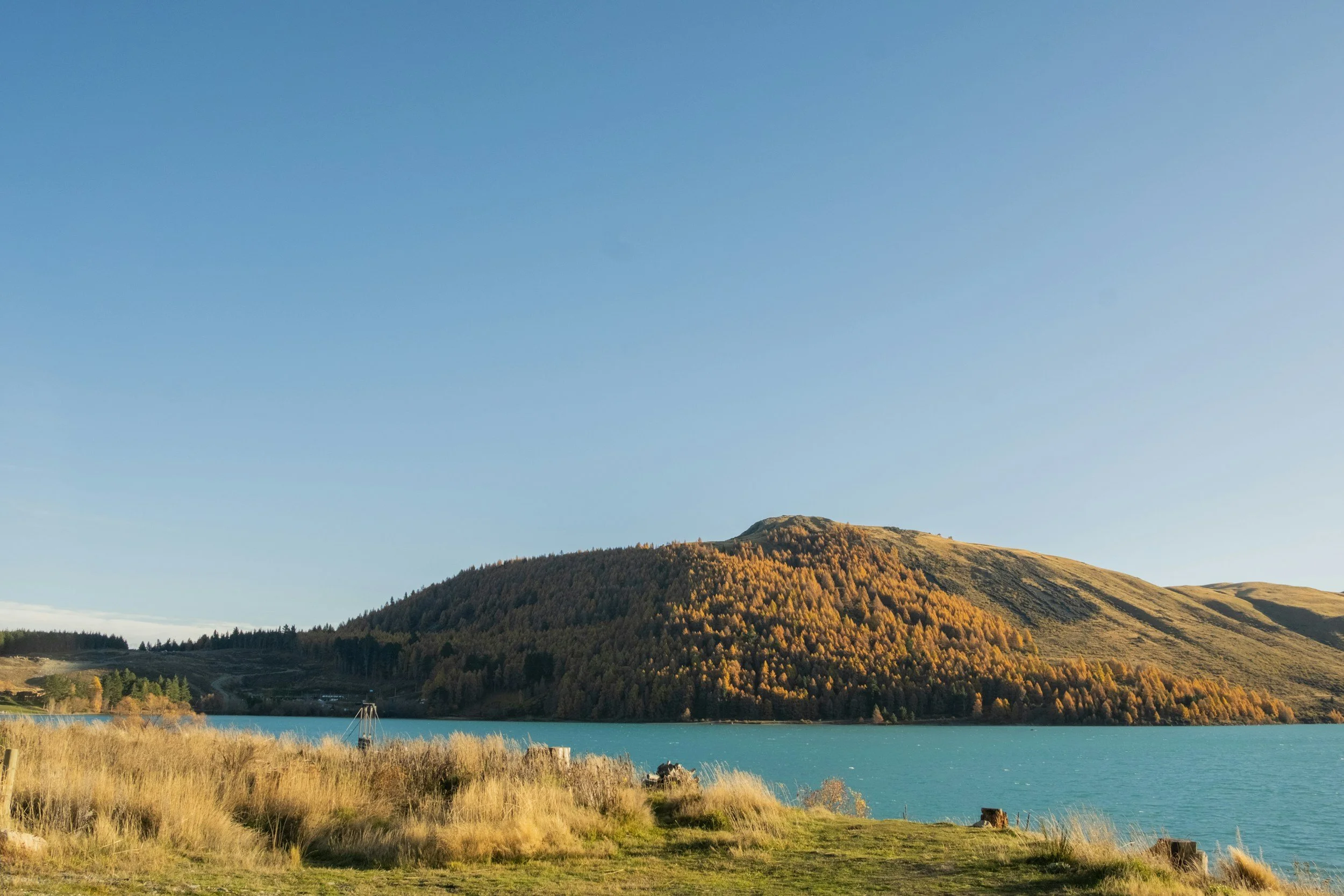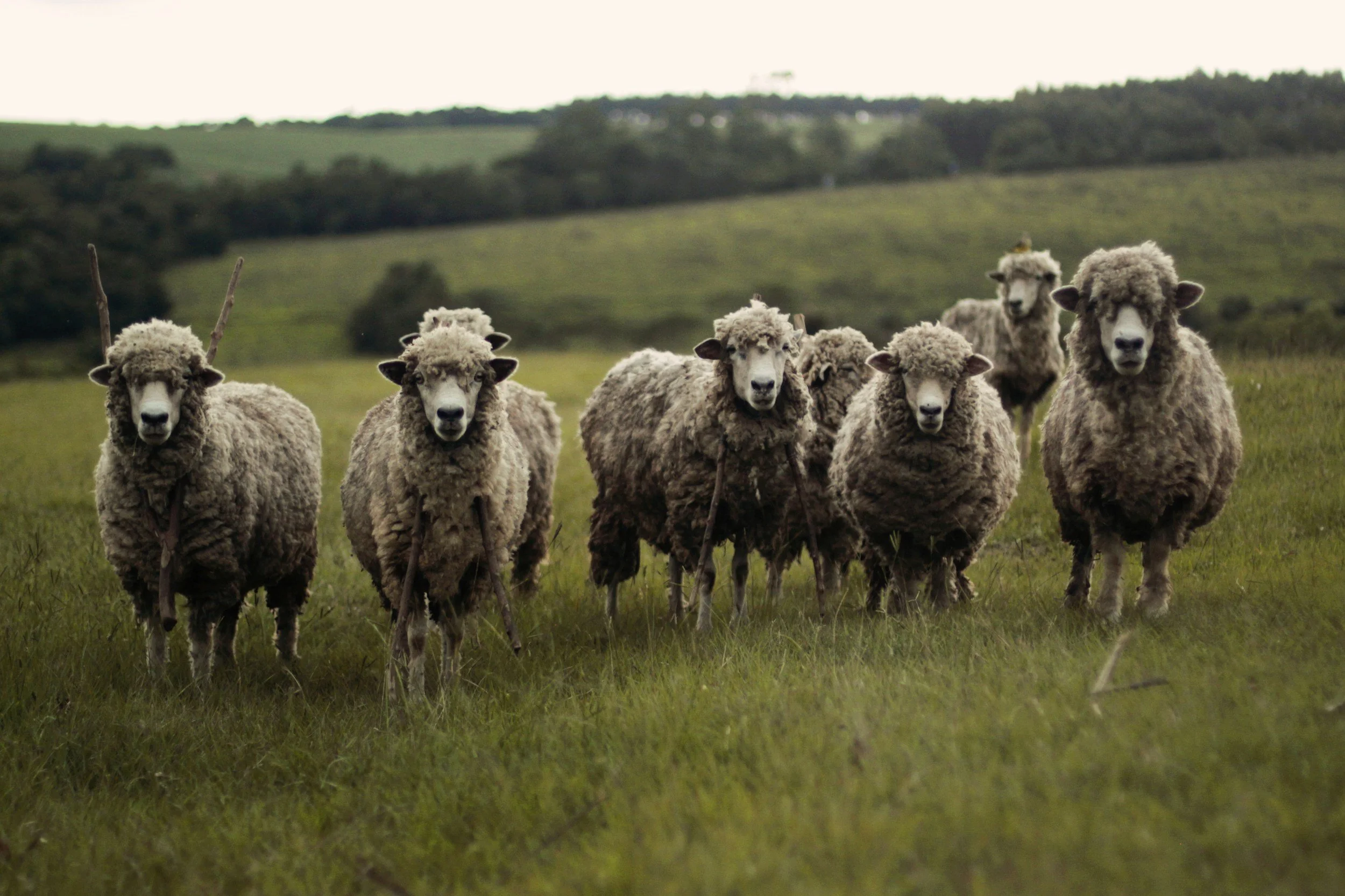Future of our primary industries
How will the world feed 9 billion people by 2050? And how should the New Zealand agriculture respond to this challenge? Focusing on quality rather than quantity might well be the solution, argues Sam Mander.
With the global population expected to reach above 9.7 billion in 2050, there never has been a more critical time to provide answers on how to feed the world in a sustainable way. Throw in the pressure to do so under a lack of suitable land, diminishing resources and an expended environment, and we’re staring down the barrel of one of the great global challenges of the 21st century.
What are the steps New Zealand is taking to find solutions to these challenges, and what might the near future of agriculture in our country look like? Global targets for sustainable food production and food security and the nature of our farming system give New Zealand a first-hand opportunity to step forward and do things differently and that doesn’t necessarily mean to ‘just produce more’.
Ever since the inception of the Green Revolution in the 1960s and the technology to mass-produce artificially, we’ve focused on accelerating productional volume. In the process, we have lost sight of productional value and the very reason we consume in the first place - nutritional sustenance. The lack of focus on food quality over food quantity is rather astonishing. Our forebears would be turning in their graves if they could see the quality of the ‘food’ production through processing that is occurring on the planet today. We’re no longer comparing apples with apples!
Is time to start initiating some other ways to manage our land use?
Although arguably better than other agricultural industries, New Zealand stands a case in point for this model. The increasing scale of intensification of land-use which is signified by high inputs to produce large volumes of lower-valued commodities has had a toll on the environment. At the same time, our current model falls short of delivering the answers that help solve the global food and health crisis. On-top of that, our current paradigm exacerbates the lack of awareness and knowledge people have of the origin of their food and fibre.
Establishing high-quality food supply chains could be a gateway to combating world famine, ill-nourishment and the health crisis epidemic. Common knowledge is ‘you are what you eat’, and the modern-day consumer is actively seeking a connection to their food and fibre products as they become more educated about the production system. Again, this is an area New Zealand can capitalise on easily as most of our farming and growing systems are already considered world-class and maintain an excellent standard over an array of factors. For example, including product traceability at the consumer level creates a greater premium economy. When quality is a focus, intensification can reduce, which will inherently lead to a greater level of sustainable production through reduced inputs. Creating higher-value products at lower yields will minimise the pressure on our natural resources.
The great news is, it’s already starting to happen. New Zealand is sitting in the box seat as a nation to develop and implement such a model on a broader scale. Many Kiwi farmers - whether sheep, beef, crop or dairy - are already doing an amazing job at this. It’s just about telling that story more and getting processors to market it. There are some excellent examples of Kiwi businesses that have tapped in on this philosophy, developing ways to add high value to their product and finding strong niche markets domestically and globally. Great examples of this include companies like First Light, NZ Venison, Bostock Chicken, Puhoi Valley, Merino NZ, Knock-Knock Organics, The Brothers Green and the New Zealand wine industry to name a few. They all achieved in showcasing a product that exhibits a niche market, high-quality food or fibre, traceability and a low environmental footprint. These features are part of the solutions to the challenges we face nationally and globally.
Global targets for sustainable food production give New Zealand the first opportunity to step forward and do things differently. If we get it right, then our primary industries can act as the nucleus for the health and wellbeing of the planet. By working smarter not harder, we can create a leading system where the world looks to us as a leader in the sustainable production of food and fibre.
Author: Sam Mander












